![]() — หน้าแรก — เกาะติดข่าว
— หน้าแรก — เกาะติดข่าว
ข่าวเศรษฐกิจและธุรกิจประจำสัปดาห์
-
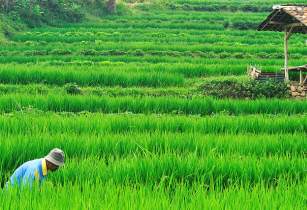
Myanmar Rice Federation (MRF) suggested a new agricultural loan scheme to farmers who own more than 10 acres of land to the government
Myanmar Rice Federation has submitted a loan scheme for farmers who own more than 10 acres of land to the government as Myanmar Agricultural Development Bank grants loans only to farmers who have less than 10 acres of land. The new agricultural loan scheme contains the systematic preparation for loan-taking of farmers by putting Form-7 up as collateral and the rapid availability of loans by farmers for loans like JICA’s long-term loan. Farmers are rural SMEs. They are in urgent need of aid as they are creating jobs for landless farm workers in the rural areas. The MRF has suggested that the government should give the priority to them. In the past, the government granted an agricultural loan of Ks 100,000 each to farmers. Since taking office in April and May, the incumbent government has increased the agricultural loan to Ks 150,000. -
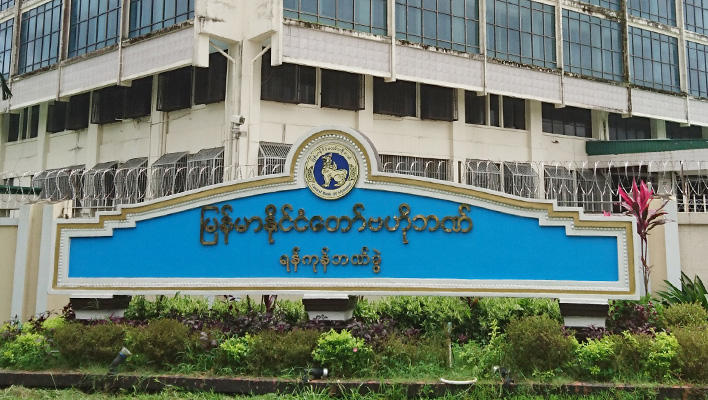
Rapid reduction of deposit interest rate from 8 to 5 per cent may destabilize the banking system and hinder banks in granting loans (U Than Nyein, Former Governor of the Central Bank of Myanmar)
The rapid reduction of deposit interest rate from 8 to 5 per cent is dangerous, said Than Nyein, former governor of the Central Bank of Myanmar. “Entrepreneurs want the government to reduce the bank interest rate due to weak competitiveness. It may have an impact on the banking system when customers withdraw half of their deposits from banks. Even the withdrawal of 25 per cent of deposits by customers may destabilize the banking system. Entrepreneurs want to take low-interest loans. Banks are unable to grant loans when the people no longer deposit their money at banks. It will not be beneficial to both sides,” he added. Entrepreneurs’ desire to reduce the interest rate is right. It is of great importance for the central bank to take account of all points as it is a monetary authority. The fact the vice-governor of the central bank discussed at the parliamentary session is also true. -
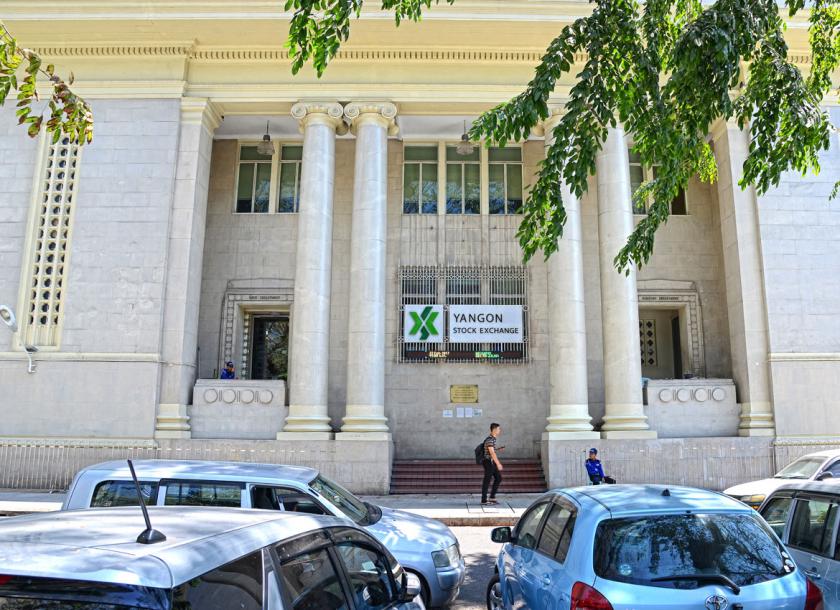
Myanmar’s first stock exchange backed by Japan’s public and private sectors will promote local bourse to investors in Tokyo next month
Myanmar’s first stock exchange backed by Japan’s public and private sectors will promote the bourse in Tokyo next month, aiming to lure Japanese investors ahead of the scheduled enforcement of a new company law deregulating foreign ownership of local firms. The planned presentation in Tokyo of the two-year-old Yangon Stock Exchange, or YSX, is part of an investment seminar to be organized on April 18 by Daiwa Securities Co., which established the bourse’s operator with the state-owned Myanma Economic Bank and Japan Exchange Group Inc., according to the Tokyo-based brokerage. Four more companies in Myanmar are preparing to debut on the YSX within this year, bringing the total number to nine, Masaharu Harada, director on the YSX board, said Sunday at an event marking the second anniversary of the bourse in the country’s commercial capital of Yangon. With technical support from the Japan International Cooperation Agency, Tokyo’s development aid arm, the YSX is planning to form a special task force with law and accounting firms and brokerages to assist local companies in going public, Harada said. -
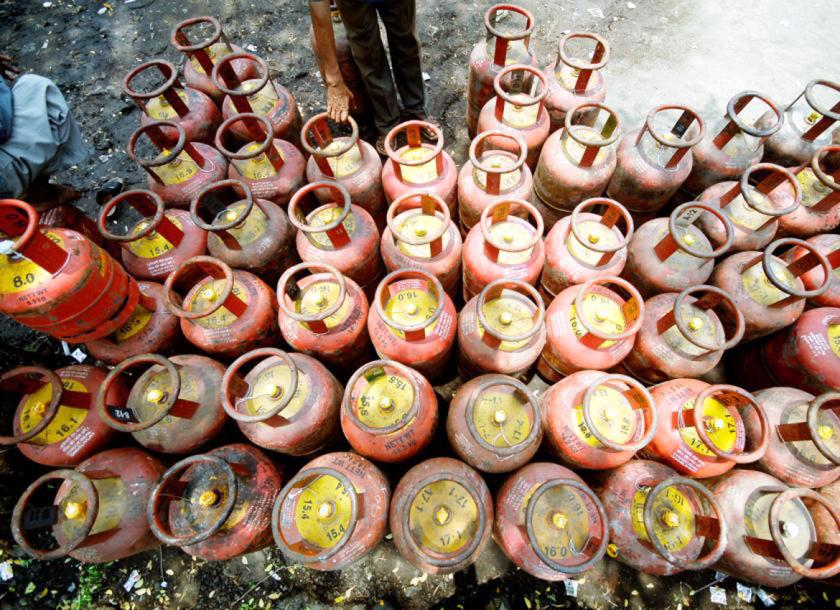
Ministry of Electricity and Energy (MOEE) aims to distribute liquefied petroleum gas (LPG) to a million households by 2020 (U Win Khine, Minister of MOEE)
The Ministry of Electricity and Energy (MOEE) is aiming to supply liquefied petroleum gas (LPG) to one million households by 2020, U Win Khine, Minister of the MOEE said at a meeting with companies involved in the import, storage, distribution and marketing of LPG last week. LPG can replace the use of electricity as a fuel for household cooking, which will help to conserve power as well as the environment. This will be beneficial to residents in rural areas, who do not have access to electricity, the minister said. After distributing LPG to 150,000 households in 2017, the next step is to reach a million more by 2020. “The government and private sector will work together to expand the LPG industry in Myanmar so that it is able to supply the quantities needed,” U Win Khine said. Last December, Parami Energy Services Company won a K6.5 billion government tender involving the lease of a jetty, terminal and storage facility at the Thanlyin refinery in Yangon Region, for the purpose of importing, storing and distributing LPG in Myanmar. -
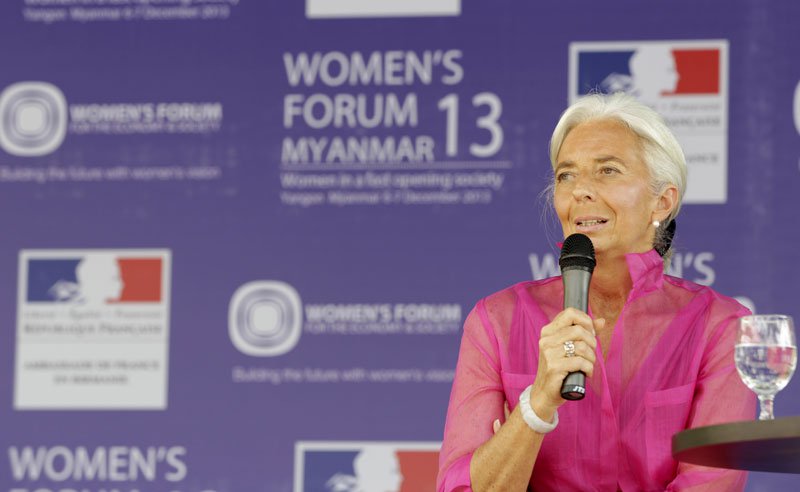
International Monetary Fund (IMF) released the finding of its Article IV consultation with Myanmar which welcomes Myanmar economic rebound but cautions about the downside risk
The International Monetary Fund has just released the findings of its Article IV consultation with Myanmar in which it welcomes the country’s economic rebound but cautions about the downside risk. On March 12, 2018, the Executive Board of the International Monetary Fund (IMF) concluded the Article IV consultation with Myanmar, the findings of which were released on 28 March. The following is the full statement from the IMF: Myanmar’s economy stabilized in 2016/17. The new government saw a challenging first year with lower-than-expected growth of 5.9 percent in 2016/17 mainly due to weak agriculture production and exports, and temporary suspension of some construction projects in Yangon. The fiscal consolidation to about 2.5 percent of GDP deficit in 2016/17, from the election year deficit of about 4.5 percent of GDP, helped to reduce central bank financing of the deficit and imbalances. Inflation moderated to 6.8 percent, and the current account deficit fell to about 3.9 percent of GDP in 2016/17 from 5.1 percent 2015/16. The current account deficit continues to be mainly financed by FDI, with the real exchange rate and international reserves (at 3.2 months of prospective imports) broadly stable. -
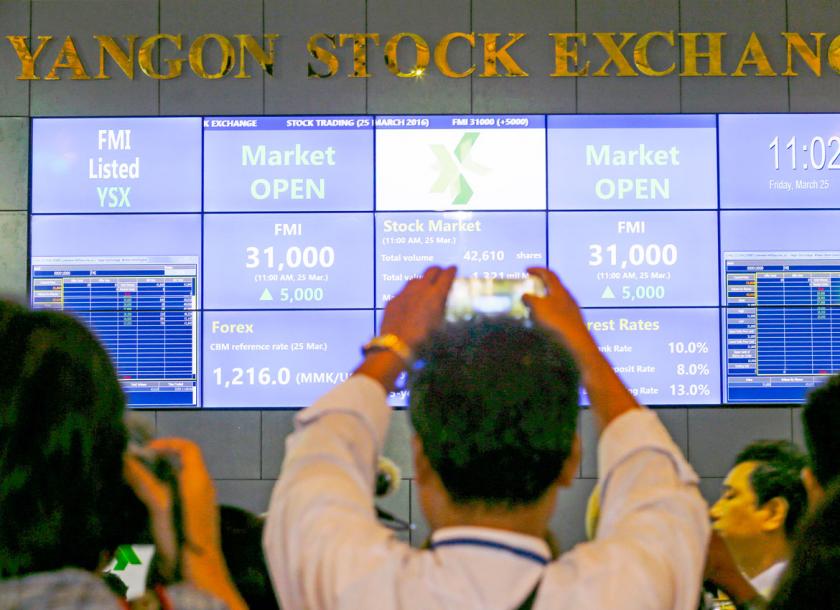
Yangon-based Myanmar Centre for Responsible Business (MCRB) launched the fourth Pwint Thit Sa report on transparency in Myanmar enterprises 2018 which highlights importance of good corporate governance to attract investors
Good corporate governance is what attracts investors, such as International Financial Corporation (IFC), for companies, according to the findings revealed by the latest transparency report. The report also points to the very poor disclosure record and absence of corporate governance by companies which are registered at Directorate of Investment and Company Administration (DICA) as “public” companies, but have not met the legal reporting and disclosure requirements. Yangon-based Myanmar Centre for Responsible Business (MCRB) has launched the fourth Pwint Thit Sa report on Transparency in Myanmar Enterprises (the 2018 report), which assesses information disclosure on the corporate websites of 182 large domestic companies. These include listed, and public ones. Almost twice as many companies were assessed as in the last Pwint Thit Sa report, published in 2016, using twice as many dimensions and criteria. The 2018 report, although based on the same principle of rating online information disclosure by companies, adopts a different scorecard from the previous three reports. The scoring is based on the ASEAN Corporate Governance Scorecard. -
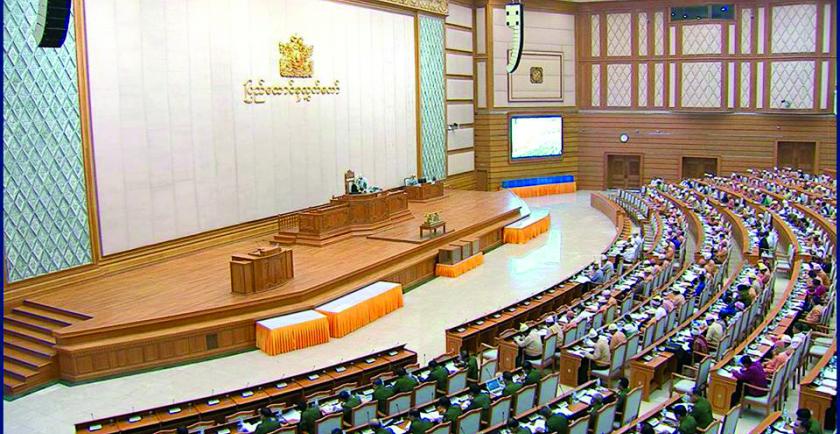
Union Parliament approved US$80 million loan from Asian Development Bank (ADB) for three cities development project along the Greater Mekong Sub-region economic corridor: Myawaddy, Hpa-An, and Mawlamyine
Myanmar is planning to implement development plans for three cities along the Greater Mekong Subregion economic corridor, Myawaddy, Hpa-an, and Mawlamyine, according to U Kyaw Lin, Deputy Minister for the Construction, at Pyidaungsu Hluttaw Meeting. Pyihtaungsu Hluttaw, Union Parliament, approved the proposal of getting an $80 million loan from ADB for those development plans on March 19. These three cities are situated in the Greater Mekong Sub-region economic corridor and are categorized as secondary cities by the Ministry of Construction, meaning they have great development potential economically, socially, in transportation, tourism and service sectors. So they have been chosen for development plans, U Kyaw Lin said. -
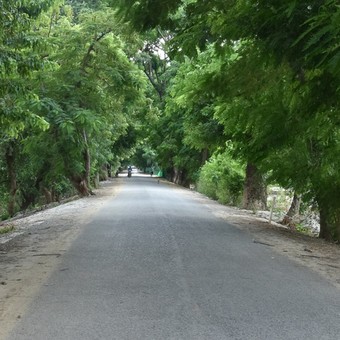
The construction of a two-way tarred road linking Dawei Special Economic Zone and Thai Border will be implemented as quickly as possible
The construction of a two-way tarred road linking Dawei Special Economic Zone and the Thai border is a first step, and the project should be implemented as quickly as possible, said Union Minister for Commerce Dr Than Myint, who is also chairman of Myanmar Special Economic Zone Central Work Committee. The minister made the remark in his clarification of a loan of 4.5 billion baht from Neighbouring Countries Economic Development Cooperation Agency during a session of the Union Parliament held on March 26. "This two-lane tarred road project is a first step towards the implementation of the Dawei SEZ project. For the SEZ, we will implement a pilot project and main project simultaneously. So it is important to implement the tarred road project promptly. The establishment of Dawei SEZ will help develop Mon and Kayin states adjacent to Taninthayi costal region," said the minister. -
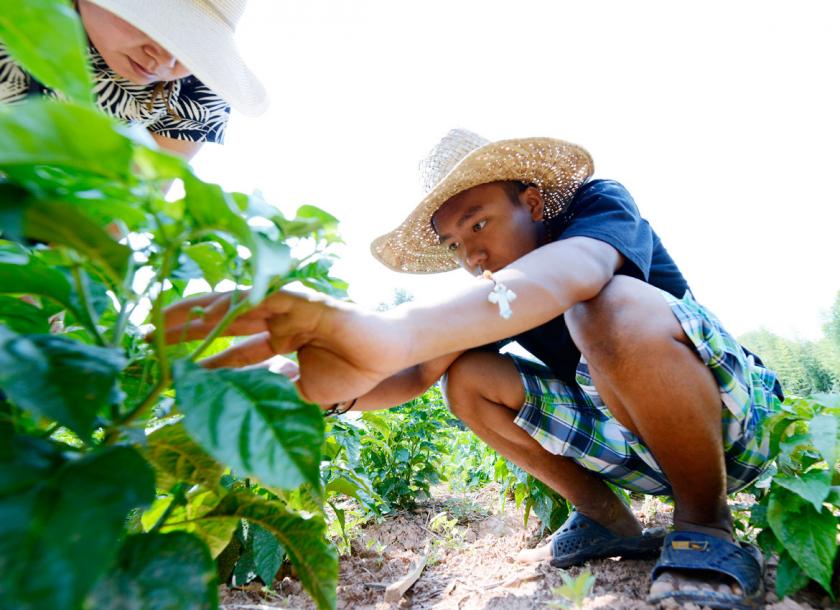
The International Fund for Agricultural Development (IFAD) and Myanmar signed a financing agreement to support farmers in Kayin and Shan states in Myanmar
The International Fund for Agricultural Development (IFAD) and Myanmar signed a financing agreement to improve incomes for 62,400 poor rural households who depend on smallholder agriculture, agro-forestry, or rural wage labour in Kayin and Shan states. The agreement for the Eastern States Agribusiness Project was signed by Gilbert F Houngbo, IFAD President, and U Myint Naung, Myanmar ambassador to Italy. The total cost of the project is US$65.2 million including a $56.7 million loan and $1.5 million grant from IFAD. The remaining funds will come from Nay Pyi Taw and private businesses, as well as beneficiaries themselves. The project aims to assist poor farmers to improve their production and links to agribusinesses, while helping agro-forestry households diversify their income and gain access to new markets. All project investments will be environmentally sustainable. -
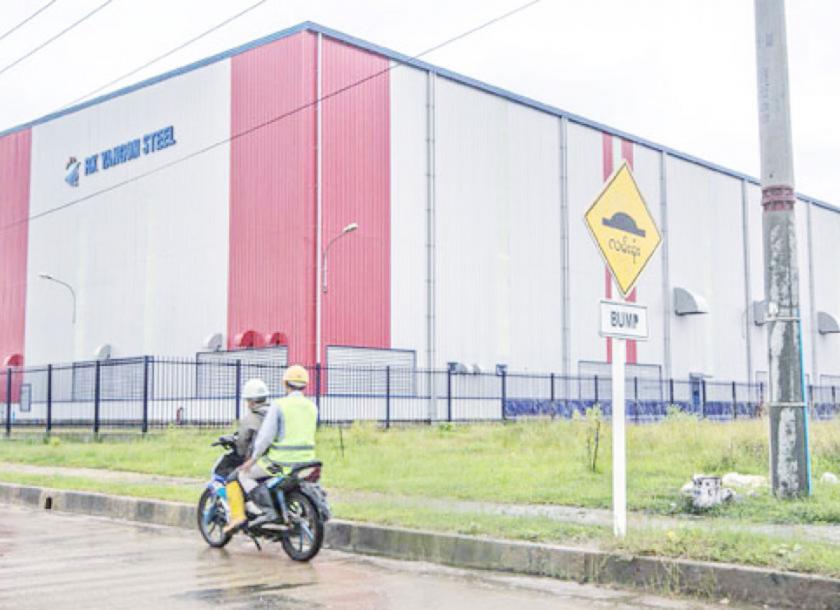
Myanmar Thilawa SEZ Holdings (MTSH) will invest in new special economic zones (SEZs), development and infrastructure projects in Myanmar (U Aung Soe Tha, Managing Director of MTSH)
Yangon Stock Exchange-listed Myanmar Thilawa SEZ Holdings (MTSH) will invest in new special economic zones (SEZs) in Myanmar and development projects in Yangon for more growth, U Aung Soe Tha, Managing Director of MTSH, said at the exchange on Sunday. The move will see MTSH invest beyond Thilawa SEZ and in the growth and development of the country’s two other SEZs – Kyaukphyu and Dawei – as well as other development and infrastructure projects in Yangon. MTSH was established for the purpose of participating in Thilawa’s Zone A Project, which is an Industrial Park Development in the SEZ. The company has since widened its investments to include Zone B and other projects in the SEZ.
เกาะติดข่าว
Copyright © 2014 Business Information Center All Rights Reserved.







